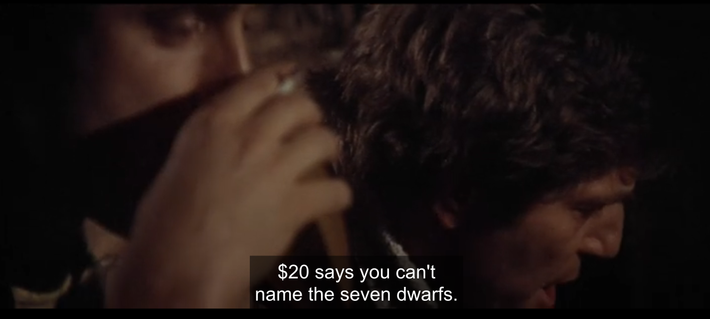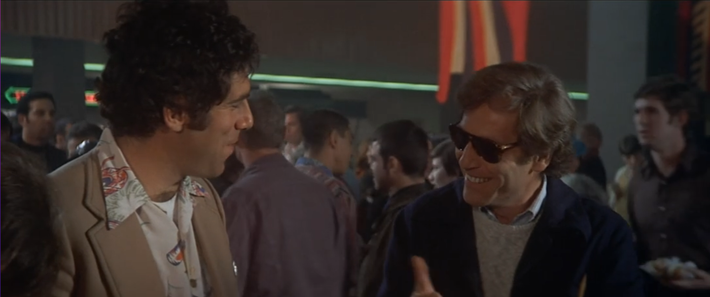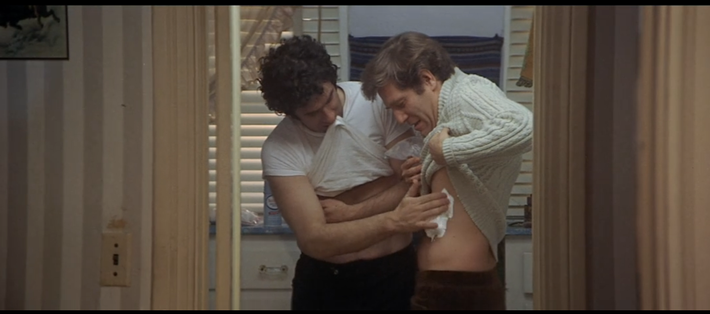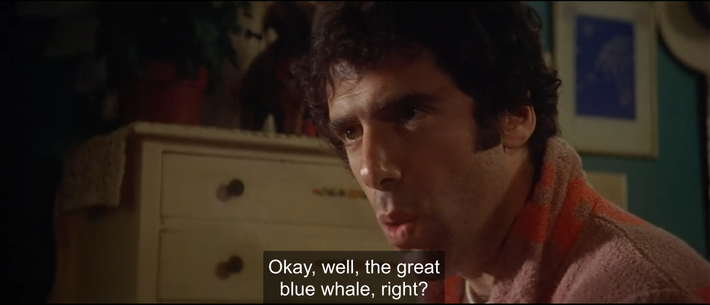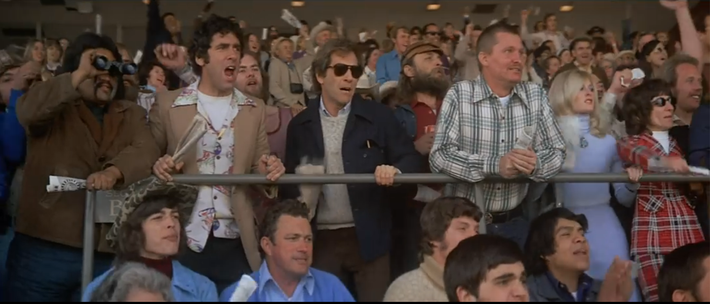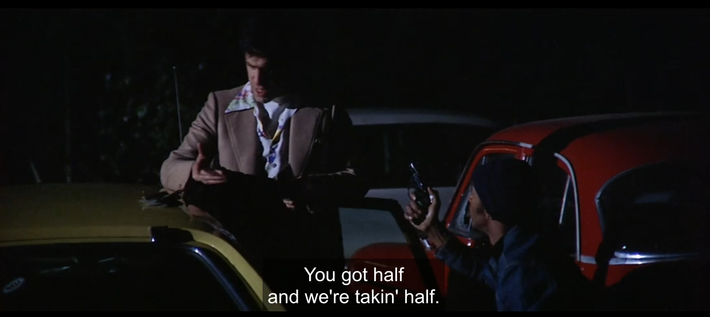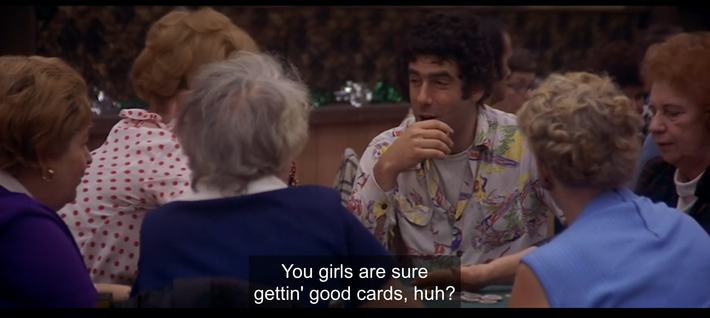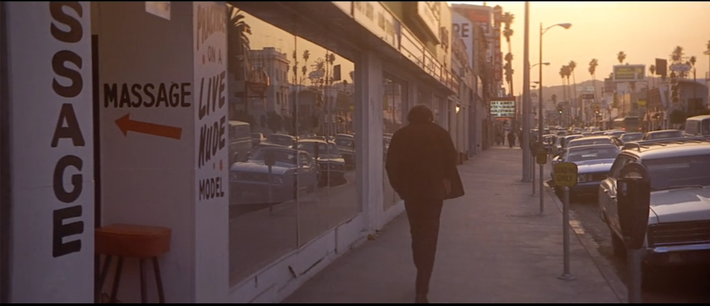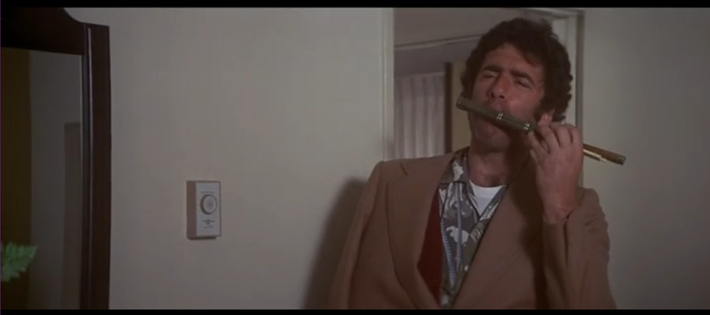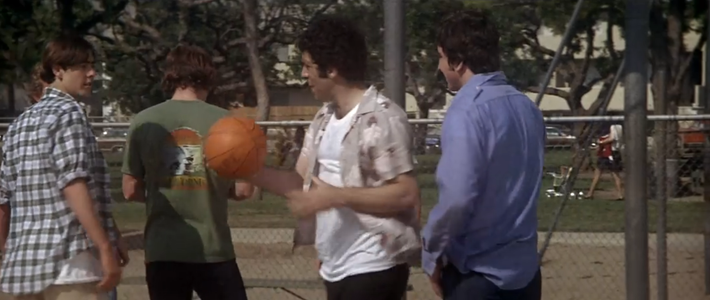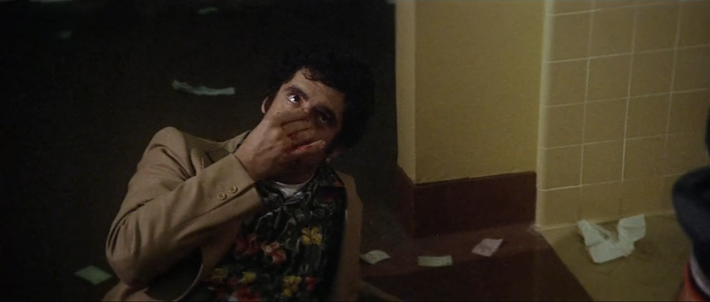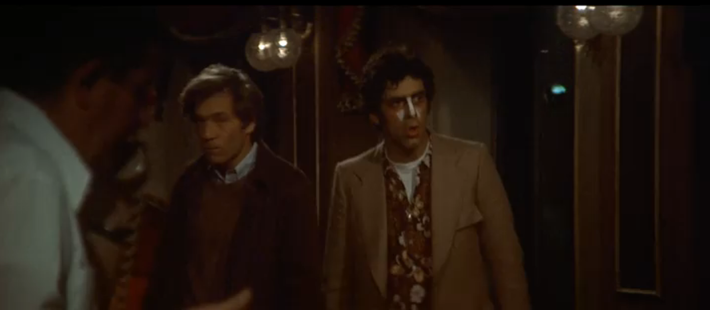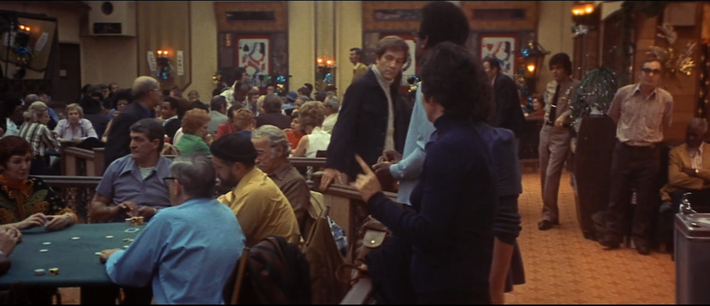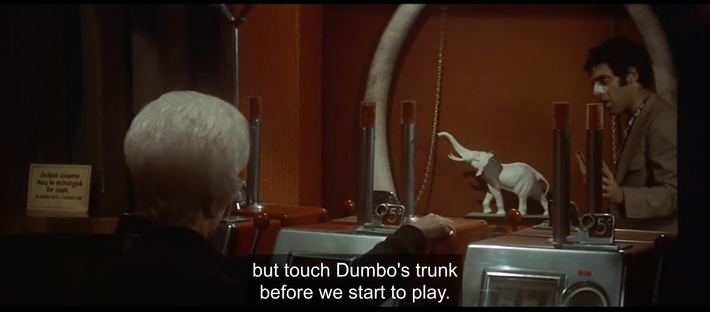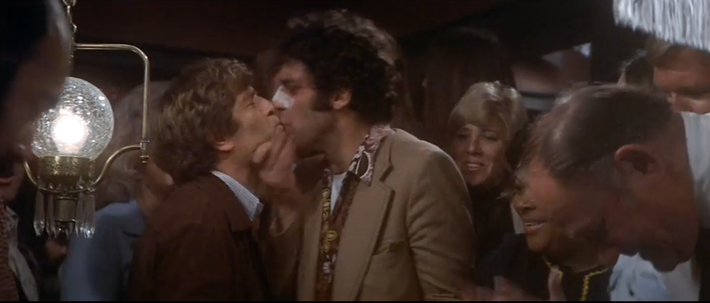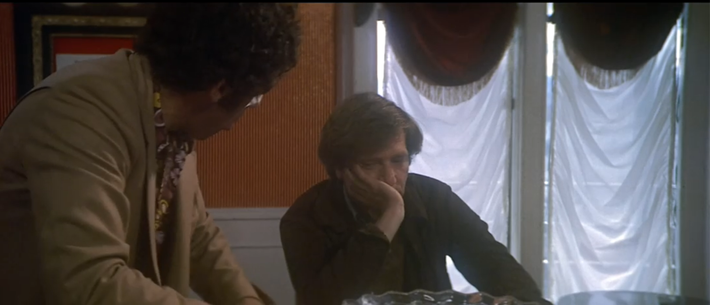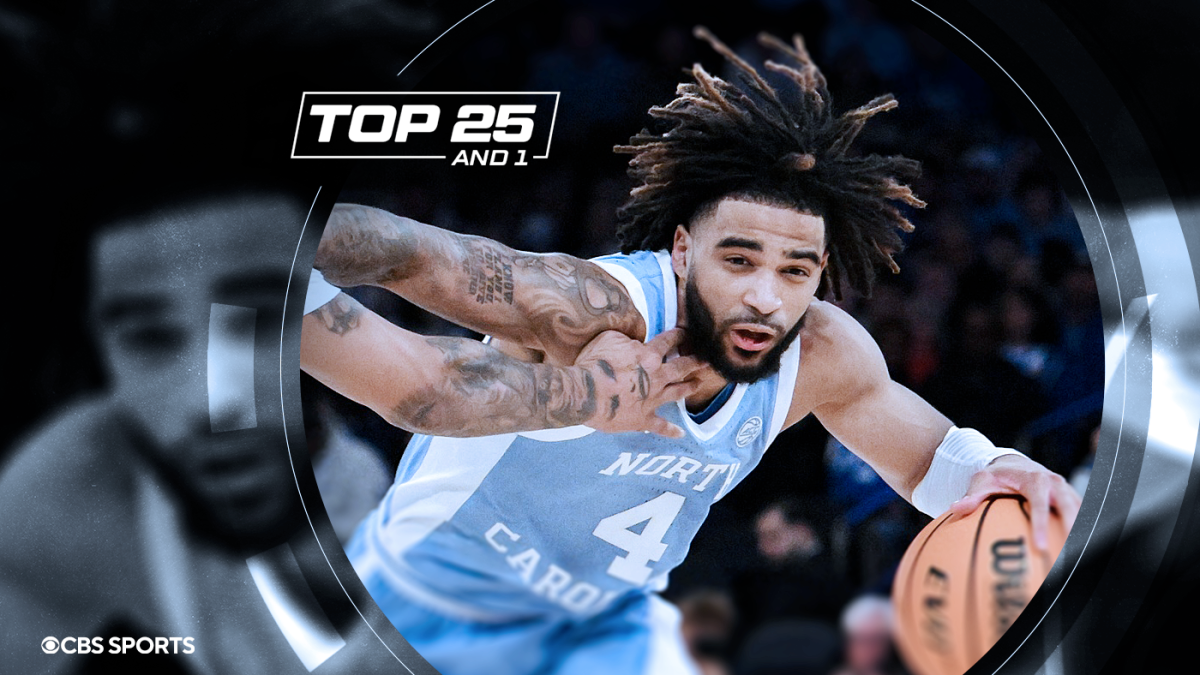Gambling
Brat Summer Is Over. California Split Summer Is Here.
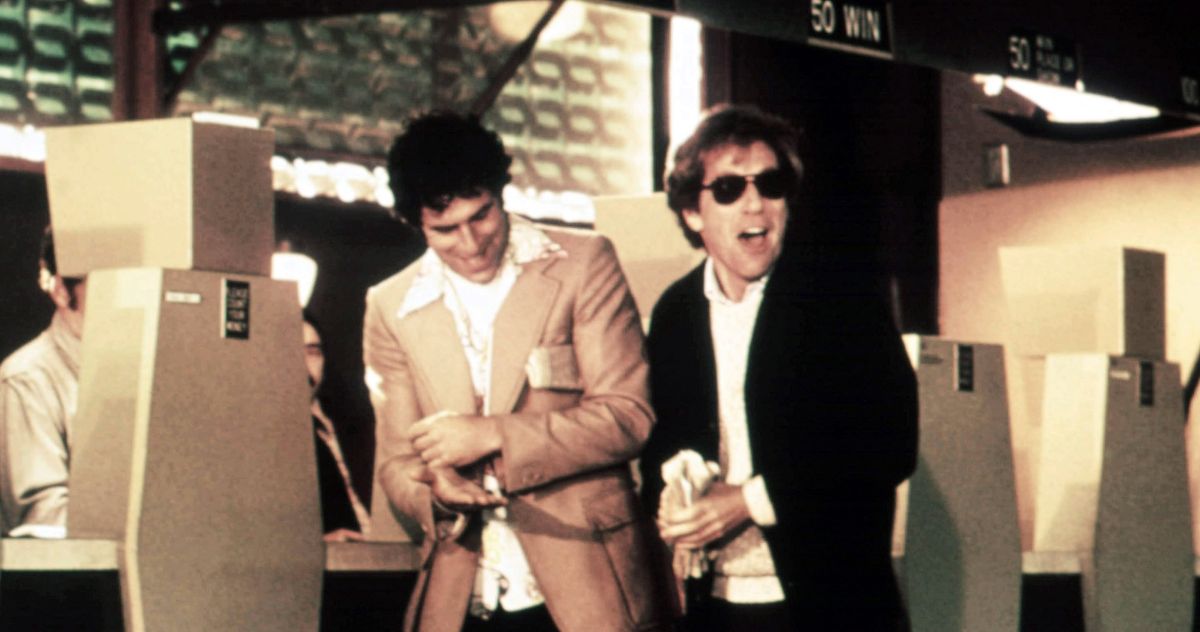
Photo: Everett Collection
Let’s say you find yourself in the disorienting haze of August — the strange doldrums toward the end of summer when the individual days seem endless, but weeks somehow pass in between blinks. The pop album that has thus far defined your summer has reached an arguably uncool level of cultural dominance, the Olympics are winding down, and your nearest multiplex is showing Deadpool & Wolverine 14 times a day until the end of time. You’re left rudderless, drifting ceaselessly toward the fall, desperate for a new pop-cultural anchor. In moments like these, it can be instructive to look to the past. With that in mind, I humbly propose an alternative path forward, a blueprint for your next six weeks or so: California Split Summer.
Released 50 years ago this week, California Split is Robert Altman’s ode to gamblers and to friendships built on enabling each other’s so-called bad habits. Our heroes are two unreasonably good-looking Los Angeles natives with disparate approaches to gambling. For Charlie (Elliott Gould), it’s a way of life, a means of staying on the move and spending as much time as possible in his favorite places: racetracks and casinos. He wants to win, sure, but the point is to keep playing. Bill (George Segal), meanwhile, gambles to fill a void. What that void is, we never quite find out, but between the two of them, only Bill seems to be on a potential crash course with oblivion. After they meet each other at a poker game then get drunk together, the two men become inseparable, and the movie ambles along through various bars and gambling venues as their friendship progresses into an all-or-nothing bender.
As is often the case with Altman, the film has a shagginess and a low-key naturalism to it that subverts expectations, underplaying dramatic beats that another filmmaker might’ve heightened. (Steven Spielberg, the anti-Altman, almost directed the film and supposedly told its writer, Joseph Walsh, that his version would have made more money but would not have been a “better picture.”) The film’s narrative engine is the two men’s shared compulsion, but Altman and Walsh — both gamblers themselves — meander through the often drab settings, taking their time to at least hint at the internal lives of every character we meet along the way, from the sex workers Charlie lives with to random old ladies in casinos. Even the extras (some of whom were real gamblers, and some of whom were in recovery at a nearby drug-rehab facility) have a sense of realness to them rarely seen in Hollywood movies, balancing out Gould and Segal’s movie-star wattage with a documentary-like peek into a distinct slice of American culture.
Ultimately, though, we’re here to see the boys cut loose and to catch a contact high from the potent chemistry between them, to revel in their high highs and weep for their low lows. On that front, the film delivers, packing in more than enough shenanigans along the way to serve as a moodboard for the rest of your summer.
Below is a list of recommendations for having a California Split Summer — please do not be deterred by the number of existential crises and other personal lows contained therein. It’s fun! I promise.
Photo: Columbia Pictures
After first bumping into each other at (where else?) a poker game, our lovable losers end up at the same bar, where Bill seems intent on drinking alone until Charlie wears him down with his motormouthed charm. When Bill finally gives in, Altman deploys a hard cut to a shot of the duo surrounded by a dozen or so empty beer glasses, the conversation now flowing in every which direction. Before long, they’re placing bets over who can name all seven dwarves. “Sleepy, Grumpy, Dopey … we got Dumbo,” Charlie says, before they both forget all about the bet and instead wax poetic about the flying elephant, as two beer-drinking buds are wont to do.
Photo: Columbia Pictures
The second part of that instruction is crucial for an authentic California Split Summer. Charlie — who doesn’t seem to own many worldly possessions — rarely strays from the sport-jacket-over-a-Hawaiian-shirt look, though he does change Hawaiian shirts at least once toward the end of the movie. Given his stuffy-seeming job in publishing, we can assume Bill has plenty of tweed jackets stashed away somewhere, but he’s so thoroughly locked into his increasingly high-stakes gambling bender that he only shows off a couple variations of the above getup. Embrace the risk of smelliness.
Photo: Columbia Pictures
During the poker game that opens the film, Charlie unwisely taunts a big dumb hairy guy named Lew (played by Edward Walsh, brother to the film’s screenwriter, Joseph Walsh), who ends up crossing paths with our heroes a couple more times, his own gambling habit drawing him to the same spots as them. Convinced that Charlie and Bill were cheating, Lew and his crew mug them later that night, leaving the wounded duo to retreat to the home Charlie shares with his sex-worker friends, Barbara and Susan (Ann Prentiss and Gwen Welles). Once there, Bill and Charlie rub shaving cream on each other’s bruised bodies — a home remedy that may not be medically supported, but that at least adds a fun element to one of the requisite low points of a California Split Summer.
Photo: Columbia Pictures
“It’s a big fish,” Charlie says, trying to distract a crying Susan. “There’s only about two or three left in the world. And the truth: The tongue of the great blue whale weighs more than a full-grown African elephant.” Susan doesn’t buy it, of course, but she appreciates the effort — as will anyone you try this on.
Photo: Columbia Pictures
No one ever looked this good while line-editing or whatever, I can tell you that much.
Photo: Columbia Pictures
Sometimes in life, you’ve had enough. Of course, anyone pursuing a California Split Summer should understand that getting robbed occasionally is a natural outcome of frequenting seedy establishments while carrying large amounts of cash. Twice in two nights, though? That’s a bit much. Take a page from Charlie’s book and offer the robber half your winnings. Take it or leave it.
Photo: Columbia Pictures
You can see how Charlie thought this was going to go. A couple of handsome younger guys show up to some elderly ladies’ poker game and quietly make a killing, charming their opponents enough in the process that no one gets too upset. Unfortunately, a key aspect of a California Split Summer is getting knocked down when you least expect it, then getting knocked down again, possibly by an old lady named Flo who keeps dropping her cards on the ground.
Photo: Columbia Pictures
Ideally, you look cool while doing this despite being at a personal low. A California Split Summer isn’t entirely about losing, but it is partly about knowing how to look good when you lose (e.g., making sure you’re backlit by the palm-tree-dotted horizon while you walk away from the camera).
Photo: Columbia Pictures
After bailing on your friend to go to Mexico right when he needs you most, cheer him up by doing the one-armed piccolo-player shtick. Now, this is a bit complicated, so take notes: Basically, you hide one arm inside your jacket, then hold the instrument up to your mouth with the other hand. Don’t actually play it — just make noises with your mouth. At the end, take a bow, and hold the piccolo with the index finger of your hidden hand, which should be poking out the front of your pants zipper. (Yes, it’s a dick joke.) If executed correctly, it should cheer your pal up enough to continue your bender together.
Photo: Columbia Pictures
These cocky teens can’t possibly understand the highs and lows Charlie has ridden in his years on the gambling circuit. They see an older guy who’s an easy mark — someone they can easily win a few dollars from. By smoking one of them in a game of one-on-one, Charlie teaches them something about the moments of crushing defeat that define any life, and certainly any California Split Summer.
Photo: Columbia Pictures
In his final run-in with Lew, Charlie brilliantly deploys the element of surprise and sneaks up behind him in a bathroom. When Charlie makes his presence known, Lew spins around and clocks him, breaking his nose. Having a California Split Summer, it seems, involves wrongly assuming you’re much smarter than everyone around you. (Charlie, to his credit, ultimately “wins” the fight, leaving Lew splayed out on the ground while he takes his money and shoves some toilet paper up his own gushing nose.)
Photo: Columbia Pictures
Self-explanatory.
Photo: Columbia Pictures
This one doesn’t come from the text of the film itself — although Bill and Charlie constantly interrupt one another, particularly when they’re on a losing streak. It’s more about how the film was made, with Altman using an innovative eight-track sound system, allowing him to lean further into the overlapping dialogue that was becoming one of his trademarks. Generally, the technique feels like an organic stylistic expression of the director’s thematic focuses. Of course his sprawling dramas — which make even the smallest of characters feel like real, complicated people — should have diffuse audio tracks that emphasize what’s happening in the periphery. His mixes don’t always tell you what to listen to, and in the chaotic casino scenes in California Split, in particular, it can be overwhelming. (As Altman acolyte Paul Thomas Anderson has joked about the movie: “Good try, but I can’t hear a fucking word.”) All that to say, make sure to talk over your friends this summer.
Photo: Columbia Pictures
As far as gamblers go, Bill and Charlie don’t strike me as particularly superstitious, but they don’t willfully ignore signs from the universe, either. Bill, for instance, keeps encountering women named Barbara at key moments in the film. And as they strut into a Reno poker game where Bill intends to make his last stand (having bled money for most of the movie), they pass an elephant statue. Calling back to their first meeting, Charlie encourages him to “touch Dumbo’s trunk.” If you’re skeptical about this mumbo-jumbo aspect of California Split Summer, consider how it works out for Charlie and Bill shortly after this scene …
Photo: Columbia Pictures
After Bill wins big at poker and then blackjack, the duo takes their luck to the craps table, where Bill keeps rolling exactly what they need, with everyone around the table working themselves up into a frenzy. What better way to express this kind of joy — a high you know you may never be able to re-create — than by kissing your friend?
Photo: Columbia Pictures
Every meaningful friendship needs one participant who’s willing to drag the other’s mood down at any given moment — one dude who’s just a total bummer. After finally hitting it big and making a bundle of cash, Bill is left to confront the reality that there was no “special feeling” behind his hot streak — no secret vein of the universe that he can tap into to exist in a perpetual state of victory. The elusive hot streak was supposed to mean something. Otherwise, how else to justify the mess he made of his life in pursuit of it? (We only ever get hints about Bill’s home life — enough to know that his gambling has left collateral damage in its wake.) After trying to cheer Bill up with his usual shtick, Charlie caves and joins him in the gutter: “It don’t mean a fucking thing, does it?” They part ways and the credits roll as Charlie sings to himself and gives a roulette wheel one last spin on his way out the door.
You didn’t think you’d make it out of California Split Summer without one last spiral into depression, did you? If you’re lucky, like Bill, that depression at least comes with a degree of clarity: It’s time to go home.

